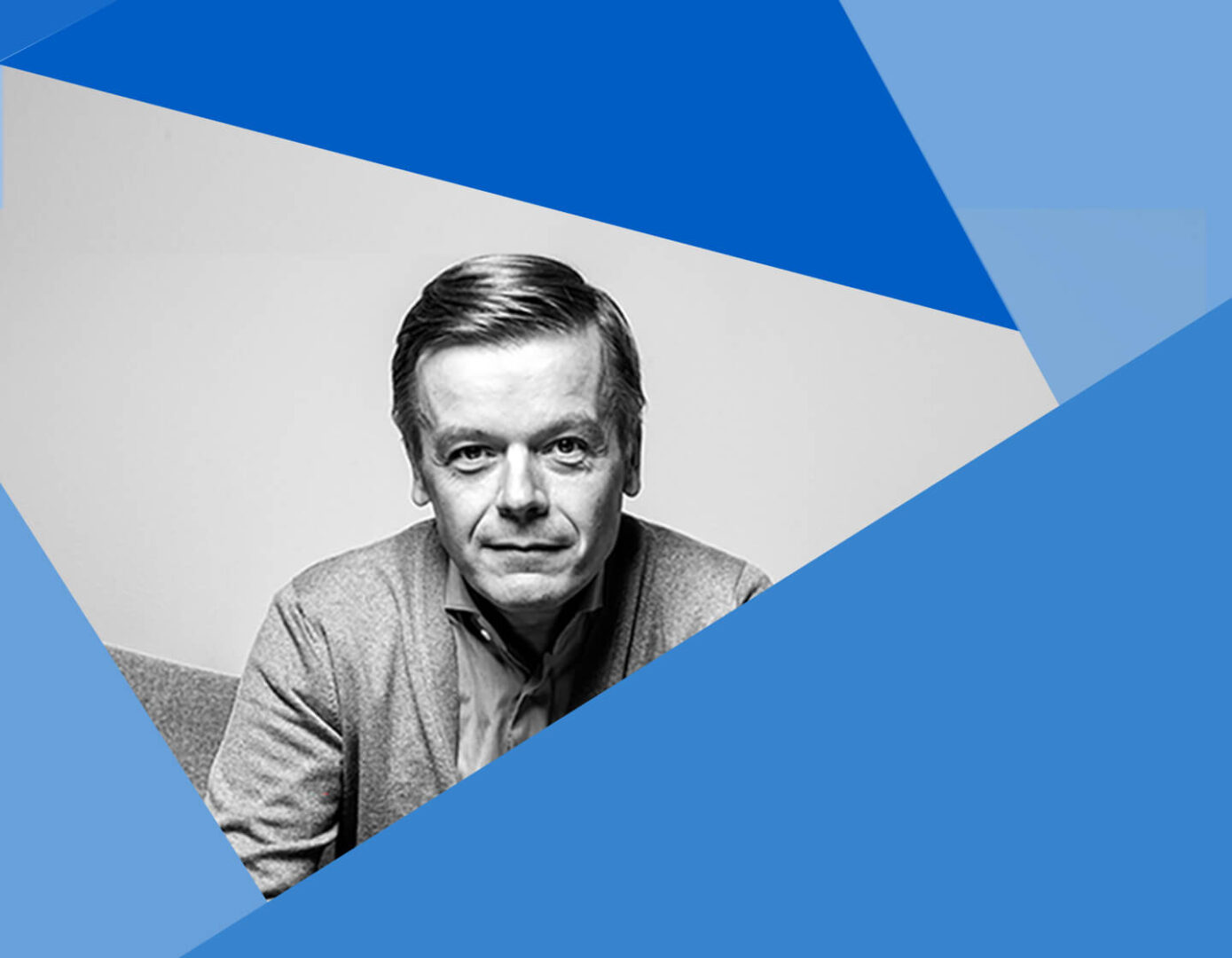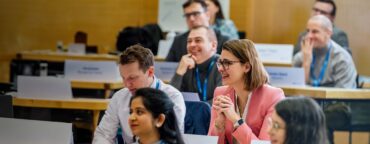
IMD recently spoke with alumnus Rob Nijst, CEO of VTTI, to learn how he is leading the company through the current crisis. While many businesses have been decimated in the past few months, VTTI – a major player in the energy storage industry – is thriving.
VTTI’s success is most certainly due, in part, to the Maastricht native’s determination to put people first, solidifying his reputation as a “nice” guy (his Dutch surname rhymes with the adjective).
IMD: How has the COVID-19 crisis affected VTTI?
Rob Nijst: The past few months have been a roller coaster for the oil and energy industry. This is the first time in history that oil producers had to literally pay people to take their products, when term contracts expired and they didn’t have tanks to put their products in. With travel restricted to a minimum, the oil companies saw an unprecendented drop in demand that totally overwhelmed them.
At the same time, there was – and is – an abundance of oil still available. Overproduction is a very real problem, but this increases demand for our services.
IMD: And how has this affected your management?
RN: I am spending the majority of my time in conversation with people around the world. My goal is to help them to look beyond COVID-19 and not see it as a stopping block but a part of our future.
IMD: Were there specific steps you took to reach the position of CEO?
RN: In 2003, I finished my EMBA and moved back to Europe after spending a good deal of my career in Asia. I was working for Vopak, the biggest energy product storage company in the world, and they tested me by having me solve their biggest challenge – a complicated integration of two big terminals in Rotterdam. I was rewarded for my efforts and was given the opportunity by Vitol to set up the new global storage business in 2006.
IMD: What do you love about your job?
RN: My role as CEO is unique in that it allows me to be involved with not only shareholders and the external community, but with each and every VTTI employee. I’m a spider at the center of a vast web of people.
IMD: So you’re a real “people person”?
RN: Even though my business is very technical, I’m not a technical guy – my forte is to engage positively and be able to work with people from all levels of society across the globe.
I’m not a big reader but I’m interested in knowing people inside and out. Yes, I read about the technical part of my business but what excites me is how people behave. What is their background, their family situation…? What makes them tick?
IMD: You’ve said that your CEO role is unique, but what about the role of the company itself?
RN: VTTI is one of the world’s largest energy storage companies. We have 16-17 terminals and 1300 staff worldwide – truly a global business. And yet, VTTI manages to stay nimble and agile, which is a unique trait in the industry.
IMD: How much has learning played a part in your career?
RN: As for my education, I’d say that my EMBA has played a tremendous role in making me the CEO I am today. What I learned was instrumental in helping me develop a company culture for VTTI. During a leadership course, the idea that different cultures have different mentalities, and that you must understand these subtleties and work within these contexts to succeed really stuck with me.
IMD: On the topic of VTTI culture, what is that exactly?
RN: When creating VTTI, I spent a lot of time thinking through what I didn’t want the company culture to be – bureaucratic, opinionated, avoiding accountability. That led to the VTTI culture of being young at heart, positive and solution-driven with a can-do mentality, and closely engaged with the business.
IMD: Do you have a specific leadership philosophy?
RN: Real leaders need to be of service to the people and not the other way around. Throughout my career my goal has always been to ensure my teams are able to perform their jobs well.
IMD: What does the future of your industry – oil and energy – look like?
RN: This is one of the toughest industries to be in, as oil will disappear over time. We know we must transition to a new business going forward, so we are exploring electric power storage, edible oils, biofuels, chemicals and gasses, amongst others. We are making investments now so that when peak oil is gone, we can smoothly transition to these new power sources.
IMD: Are there any specific projects on the horizon using these new power sources that you can describe to us?
RN: We are moving into chemicals and gas, and now own 50% of a terminal in Dalian, China.
VTTI also has an interesting new hydrogen project that could be beneficial in the future. It might also prove to be a risk, so we have to put the time and effort into it now so we get it right.
IMD: How do you measure success?
RN: For VTTI, I classify success as making sure that employees feel engaged and empowered. This drives everything else we do around the globe. If management thinks about staff, then staff in turn thinks about customers. After all that, we think about shareholders – it’s easier to get more shareholders than to find good employees.
But for me success is more than business, it’s how I look back on my life with my family. I have the good fortune to have three independent, thoughtful children who are capable of thriving in the world. If I happen to do well on the business side then that’s great, but my family is my priority.


